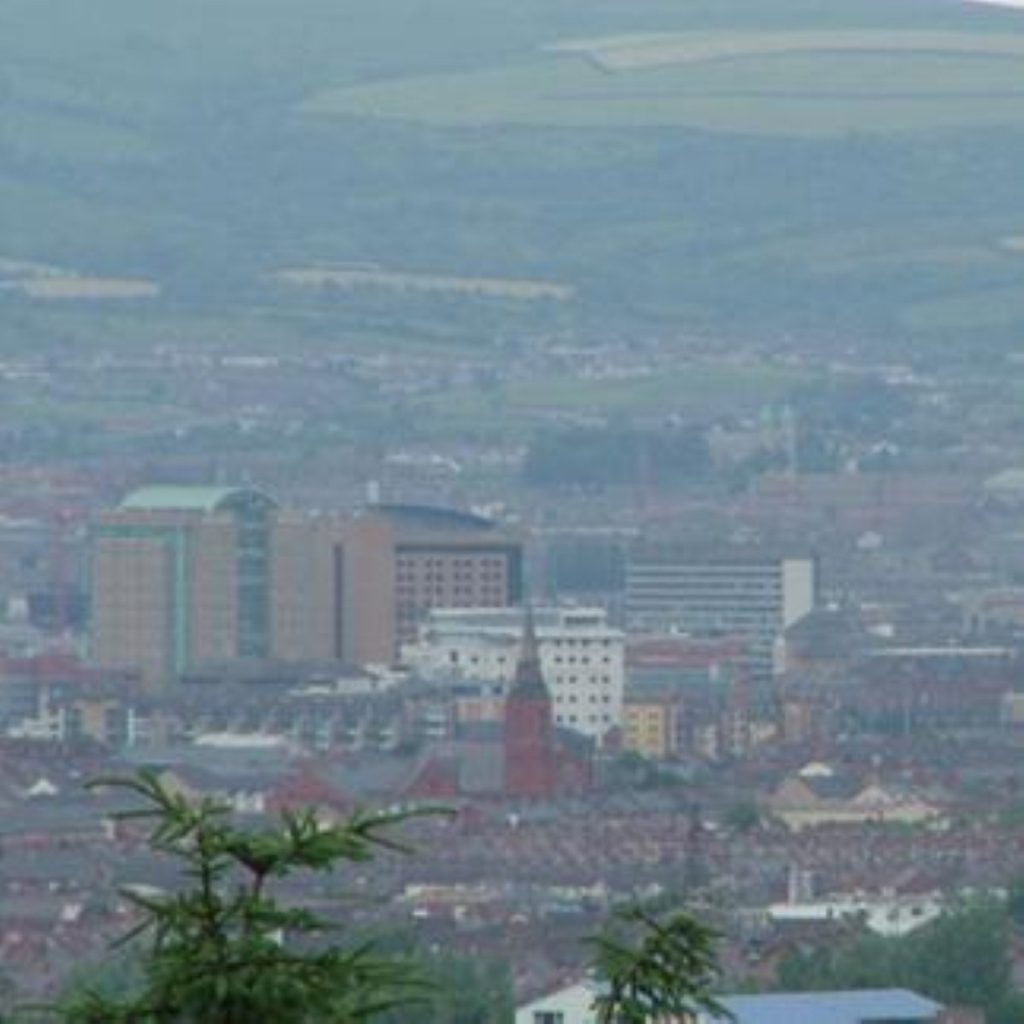The forgotten province? Northern Ireland marks Good Friday anniversary
Politicians in Westminster and Northern Ireland are marking 15 years since the Good Friday Agreement, amid a growing pessimism about the British government's commitment to breaking disillusionment in the province.
David Cameron issued a statement congratulating his predecessors for securing the deal which ended 30 years of bitter infighting, but containing little about its future.
"We should not be shy about trumpeting the achievements of the Belfast Agreement and its successors," he said.
"Fifteen years ago people decided overwhelmingly that the future would only ever be determined by democracy and consent, never by violence.


"The Belfast Agreement was the platform to build a new, confident, inclusive and modern Northern Ireland, whose best days lie ahead. While we have come a long way, much remains to be done."
Powersharing in Northern Ireland between the Democratic Unionist party and Sinn Fein has been broadly successful, but many in the province have been disappointed by the limited nature of political reconciliation.
Recent months have seen the latest manifestations of tensions in street protests at the decision to stop flying the Union Jack over Belfast's City Hall on a daily basis.
"It was not a panacea for our problems, but provided a stability within which to tackle them," the Belfast Telegraph's editorial stated on the Good Friday Agreement.
"On that basis many, including this newspaper, would argue that the momentum for change has been disappointing."
It noted Northern Ireland secretary Theresa Villiers has used the anniversary to clearly link financial aid from London with more progress on creating "a truly shared society".
Last month Villiers used a speech to the British-Irish Chambers of Commerce to emphasise her own limited enthusiasm for the current state of affairs.
"As the flags controversy has shown … although we've come a long way, there's still much to be done if we're to build a genuinely cohesive, stable and prosperous society," she acknowledged.
"In meeting those challenges neither the UK nor the Irish government will shirk our responsibilities.
"We will maintain our security effort against those who oppose democracy and want to undermine the political institutions in Northern Ireland through terrorism and murder."
Observers have warned Cameron's lack of interest in Northern Ireland could prove calamitous if the situation in Northern Ireland deteriorates in the future.
"They would argue that local political institutions had to be faced with the primary responsibility for handling a local crisis, if the institutions are ever to develop the resilience necessary for long-term survival," Mark Hennessy of the Irish Times wrote.
"However, the danger, or perhaps, more accurately, the fear, is that worse challenges will have to be faced in time by an unprepared Downing Street."

